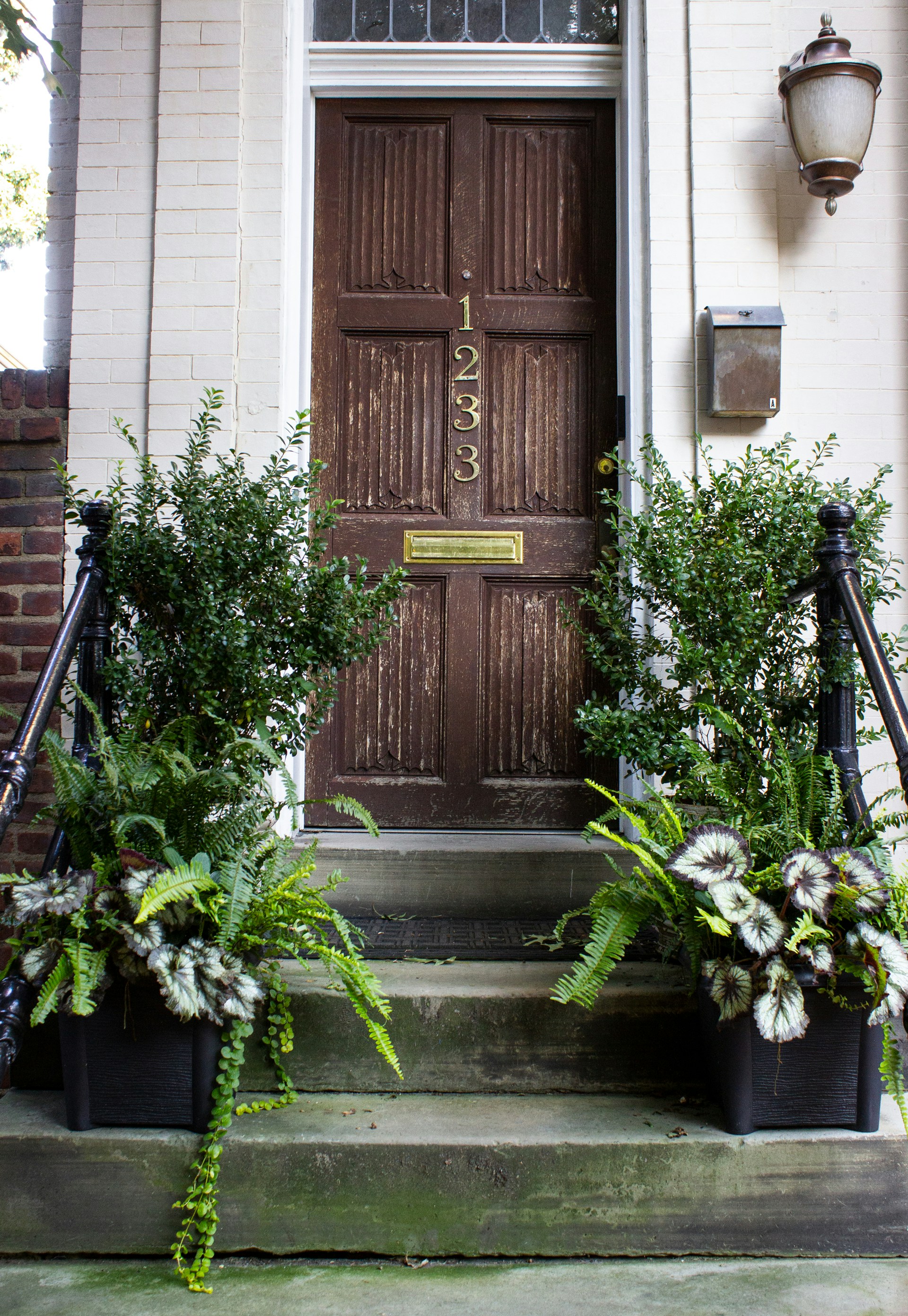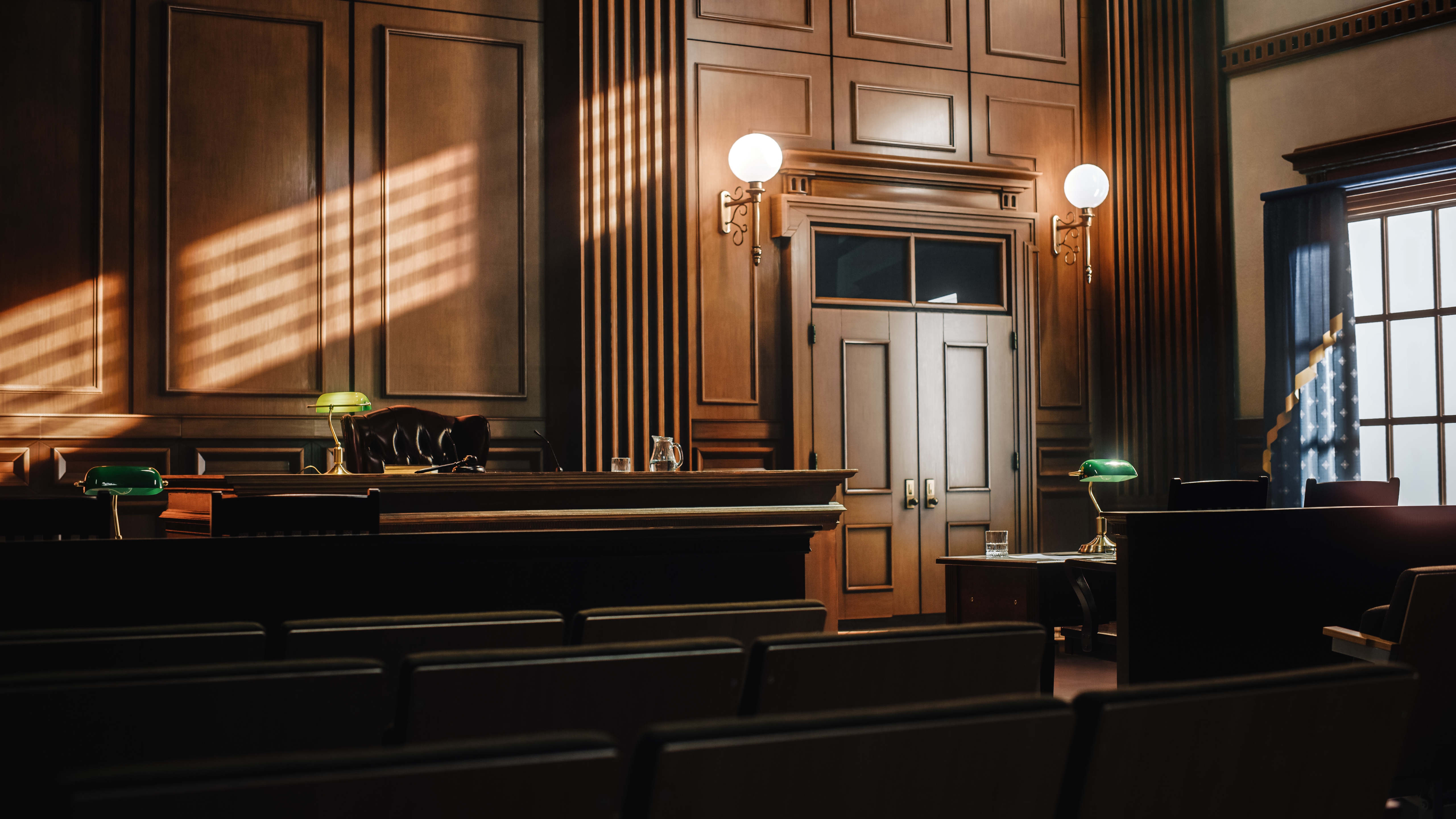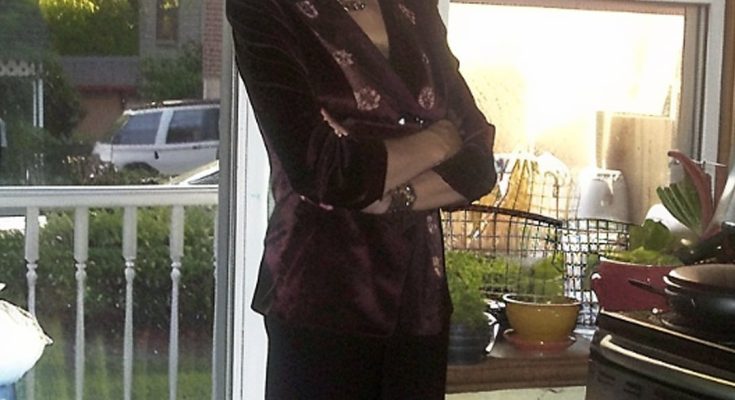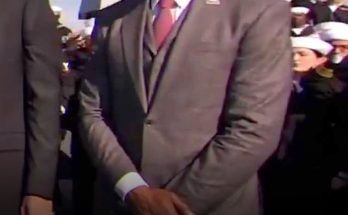Amidst the clutter of an old attic, I stumbled upon a letter that unveiled a secret inheritance from my dad, meant to secure my dreams. However, this unexpected gift soon became the center of a family turmoil, challenging my relationships and forcing me to ponder the true cost of standing up for what is rightfully mine.
Life has a way of throwing curveballs, and I, Violet, aged 17, found myself standing at the receiving end of one such unexpected twist. It began on a seemingly ordinary afternoon, as I was rummaging through some old boxes in the attic.

My fingers brushed against an envelope yellowed with age. It was sealed, carrying an unbroken promise. My heart skipped a beat when I saw my name scrawled across it in my dad’s familiar handwriting. Dad had passed away ten years ago, leaving behind a tangle of unsaid words and unresolved feelings. But here was a piece of him, reaching out from the past.

The letter inside was both a revelation and a balm to my aching heart. Dad explained that he had come into a substantial amount of money, thanks to inheritances from his parents and uncles, one of whom was quite successful in business.

He had set up a trust fund for me before his diagnosis of cancer, intending for it to cover all his medical bills and then some. The way he spoke about wanting to secure my future in that letter, with words so full of love and hope, made my eyes well up with tears.

But then, the letter took on a tone of solemn advice. Dad implored me to use the money wisely, for my education and to secure a home, something stable and tangible that no twist of fate could take away. He expressed his wish for me to live a life full of the opportunities he never had, and in his words, I felt his presence, his guidance.

My discovery, however, didn’t remain a secret for long. Mom stumbled upon me as I was re-reading the letter, tears streaming down my face. Curiosity got the better of her. Soon, she had the letter in her hands, absorbing every word with a growing mix of shock and, dare I say, greed.

“I had no idea,” she whispered, handing the letter back to me. But the look in her eyes had changed; there was a new plan forming in her mind.
The very next day, Mom insisted on joining me for the meeting with the lawyer, claiming it was for my own good. But I knew better. It was there, in the stark, sterile office of Mr. Hargrove, the family lawyer, that reality hit me. The money was real, and it was substantial.

That evening, over dinner, Mom couldn’t contain her excitement. She told Joel, my stepdad, about the money, and suddenly it became a very sensitive subject. Mom detailed how the inheritance could solve all their financial troubles. Joel, who had always been a pragmatic man, listened intently, his eyes alight with possibilities.

“But it’s Violet’s,” he said cautiously after Mom had laid out her plan about how she wished to use the money.
“Violet will understand,” Mom replied, with a conviction that brooked no argument. “It’s for the family. She wants to help her siblings, don’t you, honey?”

I refused to share the money as they wished, but since I was not yet an adult, my mom became the one who managed my funds. They wanted me to distribute the money between me, them, and my step-siblings, arguing that the amount was more than enough for all of us. My mom had already taken $20,000 from it for renovating the kitchen and buying clothes for my step-siblings, justifying it as a familial duty.

Their conversation about how to use the rest spiraled into a plan that involved throwing my wishes to the wind. The weight of their expectations and their actions suffocated me. The money, meant to be my lifeline, my connection to a father I barely remembered, was being squandered on trivialities and wish lists.
“Gran, I need to talk to you,” I said over the phone, my voice quivering with emotion.

The very next day, I found myself on her doorstep, a bag of mixed emotions slung over my shoulder. Grandma, with her wise eyes and warm embrace, was a beacon of comfort. As we sat down in her living room, surrounded by photos of happier times, I poured out my heart, telling her everything — the discovery of the inheritance, my mom’s actions, and my deep-seated fear of losing the last tangible connection to my dad.

Grandma Lydia listened in silence, her expression a mix of sadness and resolve. When I finished, she took my hands and said, “We’ll make this right, Violet. Your dad would have wanted us to.”

True to her word, Grandma Lydia wasted no time. Without hesitation, she initiated legal proceedings within days, determined to protect my inheritance. The legal battle that ensued was both swift and brutal.
It became painfully clear in court that my mom and Joel had overstepped their bounds, treating my trust fund as their personal emergency fund. The judge’s ruling was unambiguous — they were to return every cent they had taken.

The fallout was immediate. My mom unleashed a fury like no other, her words sharp as knives. “How could you do this to your own family?” she raged, her sense of betrayal mirroring my own.
In her eyes, I was the villain, the ungrateful daughter who had chosen money over blood. That very night, I was told to leave, to find refuge with the grandmother who had dared to stand by me.

So, I went to live with Grandma Lydia, finding solace in her unwavering support and the memories of a father who had always wanted the best for me. But even as I tried to settle into this new chapter of my life, a nagging question haunted me: Was it worth it?

Now, as I sit in my grandmother’s kitchen, the aroma of fresh coffee mingling with the morning light, I can’t help but wonder if I made the right choice. Yes, the trust fund was rightfully mine, a final gift from a father who had wanted to ensure my future. But in securing it, I had alienated my mother, the woman who, despite her flaws, had raised me.
The silence between us is deafening, a chasm widened by legal battles and harsh words that can never be taken back. I miss my siblings, innocent bystanders in a war they never asked for. And Joel, with his practical wisdom and quiet strength, is now just another casualty of my quest for justice.
I find myself turning to you, readers. What are your thoughts? Was I justified in going to such lengths to teach my mother and stepfather a lesson? Was the fight for my inheritance worth the cost of losing my family? Or was there another path I could have taken, one that might have led to a different kind of resolution?
In the end, I’m left with more questions than answers, grappling with the complexities of family, loyalty, and the heavy burden of legacy. But one thing remains clear: the hardest battles are often those we fight within the confines of our hearts.



